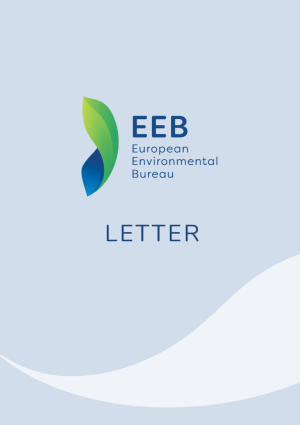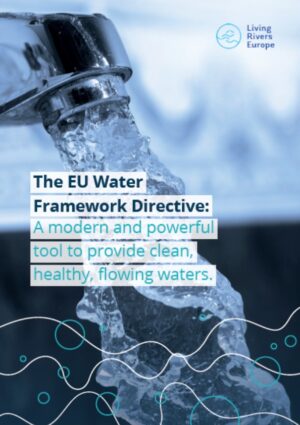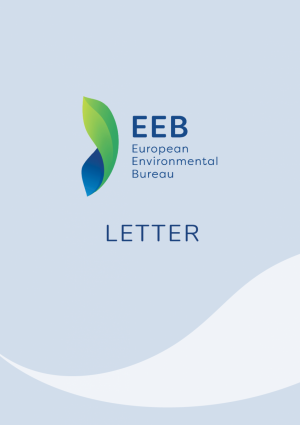
Why hasn’t the European Commission banned wasteful lamps?
RE: Delay in Commission Decision on Fluorescent Lamp Exemptions List under RoHS Directive
Dear Executive Vice President, dear Commissioners,
We are writing to express our concern at the continuing delay in the taking of a decision to phase out mercury-containing fluorescent lamps under the Restriction of Hazardous Substances (ROHS) Directive.
The Commission’s handling of this issue over the past four years has been worse than disappointing. As you know, the original exemption for certain fluorescent lamps was granted in September 2010 up to July 2016, allowing the lighting industry ample time to adapt its processes. When a review process was launched in 2015, evidence presented by the Commission’s own consultants (Öko Institut) as well as the EEB showed the ready availability of low-energy mercury-free LED alternatives and provided the justification for an early phase-out of the larger categories of mercury-containing fluorescent lamps. Regrettably, prioritising the interests of the lighting industry over environmental, consumer and public health concerns, the Commission ignored this evidence and wasted more than two years commissioning a socioeconomic analysis based on data that was already well out of date when it was eventually published in 2019 and was therefore completely misleading, indicating that the phase-out would have a net cost of €250 billion. It took a further year and further evidence submitted by the EEB and others for the Commission to correct its mistake and issue a revised analysis showing that a 2021 phase-out would actually bring a net benefit of €29.9 billion. That was more than six months ago, July 2020, and yet still the Commission has not acted. Please see further details in the attached annex.
Letter continues…






